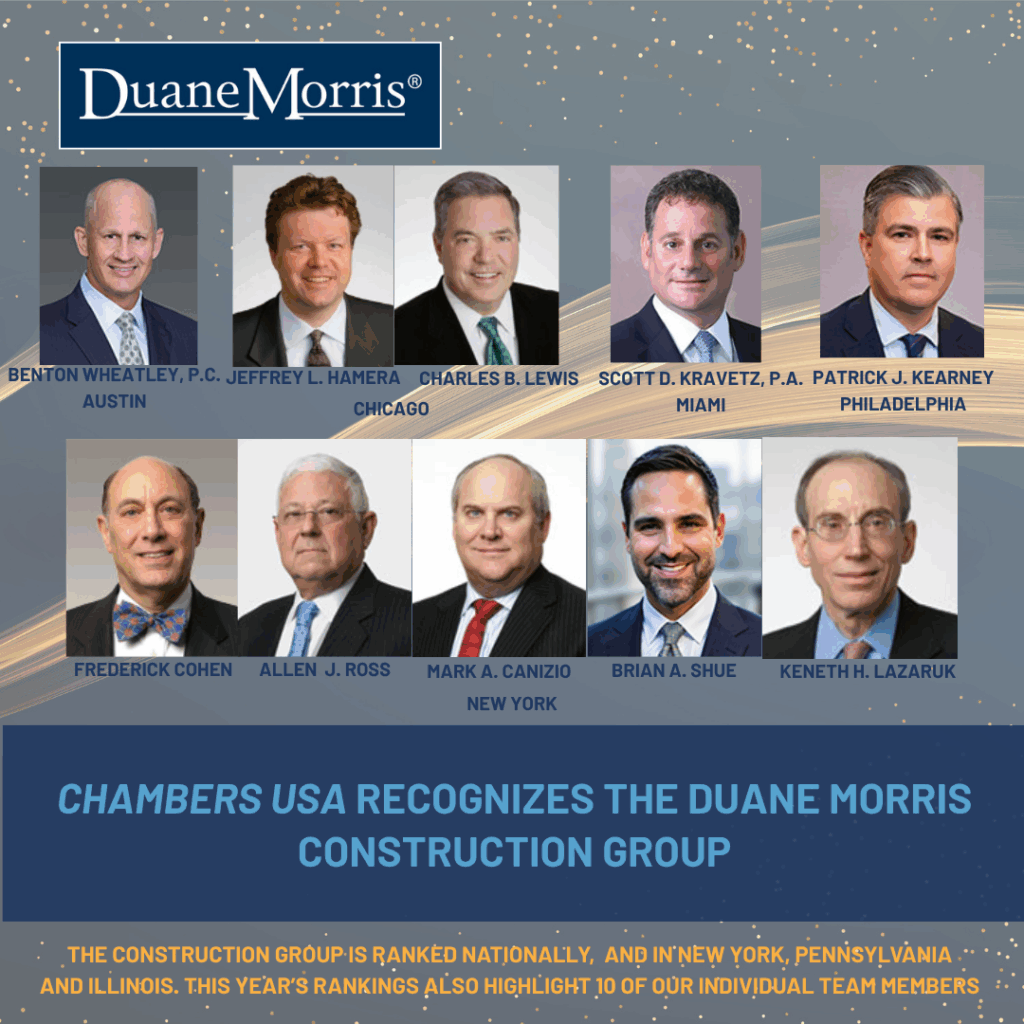A recent decision by the New York State Supreme Court, Appellate Division, Fourth Department, in James Vermillion v. The Roofing Guys, Inc., sheds light on the limitations of consequential damages in breach of contract cases. The ruling reinforces the principle that damages are only recoverable if they were reasonably contemplated by both parties at the time the contract was formed.
In this case, the plaintiff hired the defendant to reroof his home. During construction, however, a severe storm caused extensive water damage. The plaintiff sought to introduce expert testimony on damages related to delays—such as increased mortgage rates, rising material costs, and disruptions to financing. However, the trial court excluded this evidence, and the appellate court unanimously upheld that decision.
The appellate court emphasized that consequential damages require clear evidence that both parties anticipated such risks when entering the contract. Here, the agreement focused solely on roofing services and did not address financing risks or potential delays. Because the contract didn’t mention these damages and there was no evidence the parties expected them, the court didn’t allow the plaintiff to recover them.
This ruling underscores the importance of drafting contracts that clearly define the scope of potential damages, especially in construction projects where external factors like weather can significantly impact timelines and costs. To protect against such risks, parties must include specific clauses addressing delays, financing impacts, or other foreseeable complications.
Ultimately, Vermillion reaffirms that courts will enforce contracts as written. If consequential damages are not expressly included, parties may be limited to recovering only direct losses.
Jose A. Aquino (@JoseAquinoEsq on X) is a special counsel at Duane Morris LLP’s New York office, where he is a member of Construction Group, specializing in construction law, lien law, and government procurement law. He is also a member of the Cuba Business Group.


